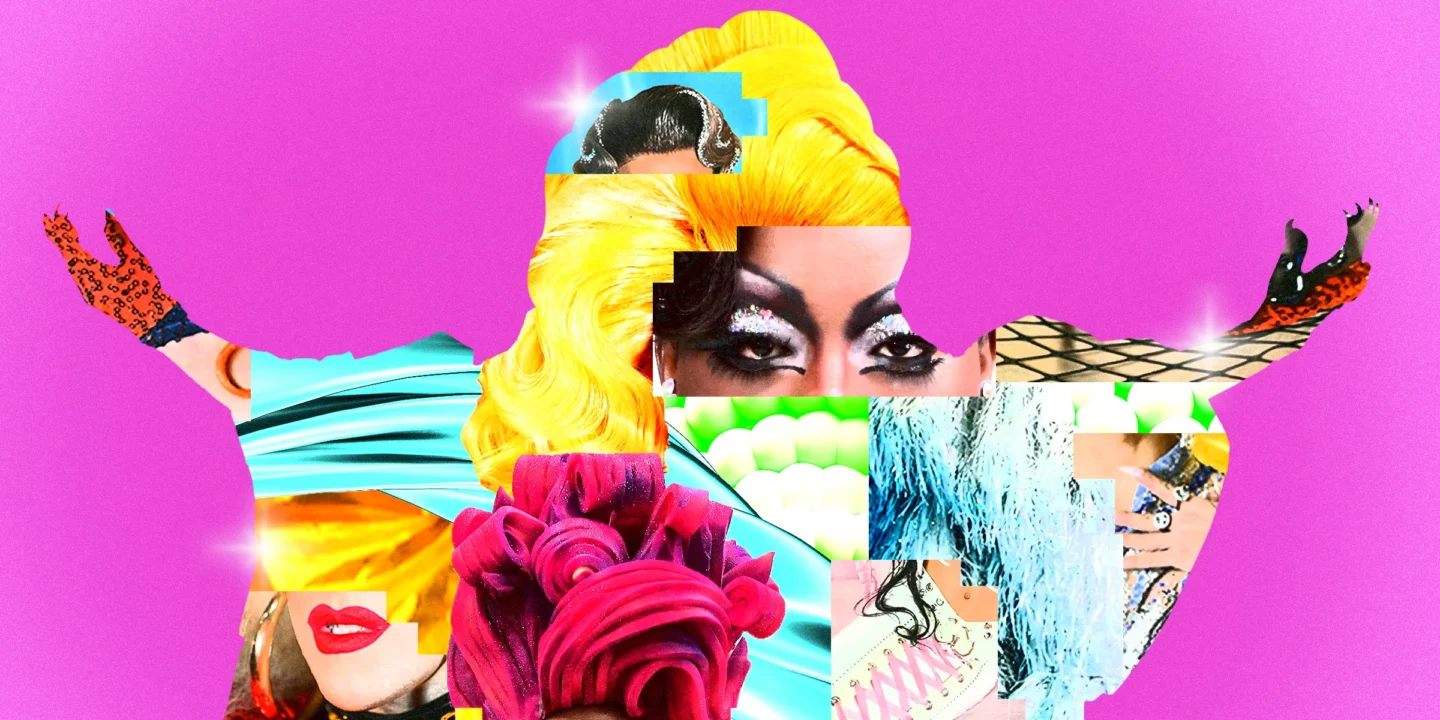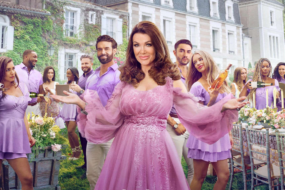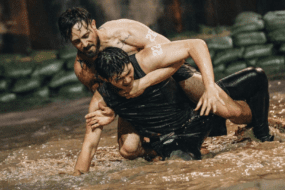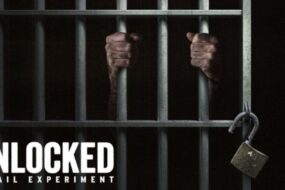
In its sixteenth season, RuPaul’s Drag Race has gained global fame, showcasing the artistry and creativity of drag performers. However, a new phenomenon is emerging on social media platforms like Instagram and TikTok: AI Drag Race. This digital spinoff pits AI-generated characters against each other in parodies reminiscent of the original show.
Accounts like AI Drag Race, AI Horror Drag Race, and Big Girl’s Drag Race are cropping up, featuring fictional characters competing in challenges similar to those seen on RuPaul’s Drag Race. From Snatch Game impersonations to runway walks, these accounts aim to entertain while pushing the boundaries of creativity.
However, the legality of these AI-generated parodies is murky. While creators argue that they fall under parody or fair use exemptions, concerns about copyright infringement persist. Characters like Miss Piggy, Pennywise, and even Homer Simpson are featured, prompting questions about the rights of copyright holders and the limits of AI-generated content.
James Grimmelmann, a digital law and information professor at Cornell University, highlights the potential legal implications of AI-generated imagery. He suggests that courts may need to address whether AI models can be trained on copyrighted characters or produce depictions of them without permission.
As AI Drag Race continues to gain followers and engagement on social media, the debate over its legality and ethical implications intensifies. While it provides entertainment and humor for many, its impact on copyright law and intellectual property rights remains a topic of contention.








